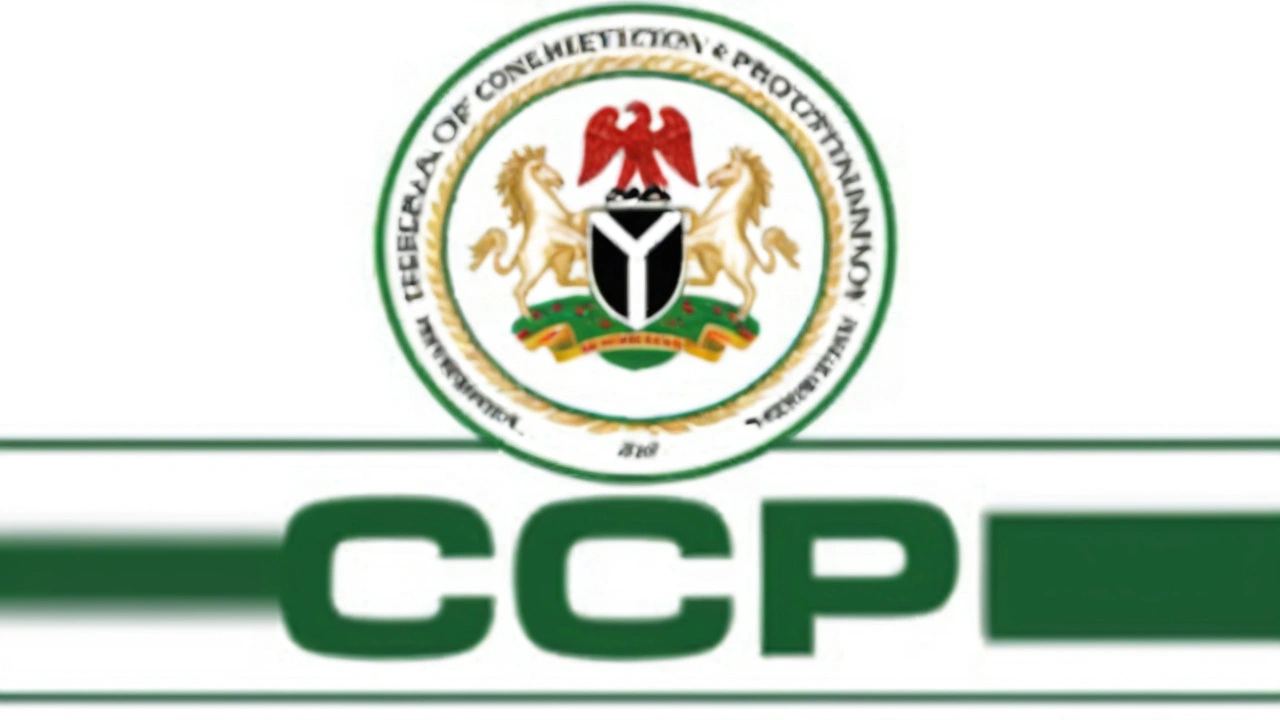Nigerian FCCPC Imposes N220 Million Penalty on WhatsApp's Parent Company Meta for Consumer Rights Violation

In Technology
Nigerian FCCPC Imposes N220 Million Penalty on WhatsApp's Parent Company Meta
The Federal Competition and Consumer Protection Commission (FCCPC) in Nigeria has taken a bold and unprecedented step by imposing a hefty penalty of N220 million on Meta Platforms, Inc., the parent company behind the popular messaging app WhatsApp. This move by the FCCPC is being hailed as a significant advance towards fostering a fair and competitive digital marketplace within the country, marking a major milestone in the realm of consumer protection and regulatory oversight in Nigeria.
The penalty, which stems from a dispute concerning the terms and conditions of WhatsApp, was deemed by the FCCPC to be in violation of Nigerian consumer rights. This enforcement action is seen as essential for ensuring that digital platforms prioritize transparency, fairness, and the protection of consumer interests. By holding Meta accountable, the FCCPC hopes to set a strong precedent that will encourage other tech giants to comply with local consumer protection laws, thereby cultivating a more equitable digital economy in the region.
WhatsApp Terms and Conditions Under Scrutiny
The core of the dispute lies in the terms and conditions set forth by WhatsApp, which the FCCPC found to be unfair to Nigerian consumers. While specific details of the violations have not been made public, the Commission emphasized that certain clauses in WhatsApp’s terms of service did not align with Nigerian consumer protection laws. These discrepancies prompted the regulatory body to take action, seeking to safeguard the rights of the millions of Nigerians who rely on the messaging app for communication.
According to sources close to the matter, the FCCPC’s decision to impose such a substantial fine was not taken lightly. The Commission undertook a thorough investigation, meticulously examining the terms and conditions in question and assessing their impact on consumers. After extensive deliberation, the FCCPC concluded that the violations were severe enough to warrant a significant penalty, aimed at compelling Meta to revise its policies to be more consumer-friendly.
A Call for Greater Transparency in the Digital Age
This landmark decision by the FCCPC underscores the critical need for greater transparency and fairness in the operations of digital platforms. As more Nigerians continue to adopt digital services for their everyday needs, the importance of ensuring these platforms adhere to consumer protection laws cannot be overstated. The penalty imposed on Meta serves as a stark reminder to global tech companies that operating in Nigeria comes with the responsibility of upholding the country’s legal and ethical standards.
Consumer advocates have welcomed the FCCPC’s stance, seeing it as a positive step towards a more balanced digital ecosystem. They argue that regulatory oversight is crucial for preventing monopolistic practices and ensuring that consumers receive fair treatment. By holding tech giants to account, the FCCPC is not only protecting consumers but also fostering a competitive environment that can spur innovation and growth within the digital economy.

The Broader Implications for Nigeria’s Tech Industry
The implications of this decision extend far beyond Meta and WhatsApp. It symbolizes a broader commitment by Nigerian regulators to take a proactive role in managing the digital marketplace. The FCCPC’s actions send a clear message to all tech companies operating in the country: compliance with consumer protection laws is non-negotiable.
This regulatory approach is expected to have a ripple effect, encouraging other tech giants to critically evaluate their own practices and make necessary adjustments to avoid similar penalties. By upholding stringent standards, the FCCPC aims to create a level playing field where all participants in the digital economy can thrive.
Ensuring Compliance and Protecting Consumer Rights
Ensuring compliance with consumer protection laws is at the heart of the FCCPC’s mission. The commission has reiterated that its primary goal is to safeguard the interests of Nigerian consumers, who often find themselves at the mercy of large, powerful tech companies. By imposing penalties on entities that flout the rules, the FCCPC is sending a clear message that consumer rights will be vigorously defended.
This latest action against Meta could pave the way for more stringent enforcement measures in the future. The commission is likely to continue its robust oversight, monitoring the activities of digital platforms to ensure they operate within the bounds of the law. For consumers, this means greater assurance that their rights will be protected and that they can engage with digital services with confidence.
The Role of Consumer Advocacy in Driving Change
Consumer advocacy groups have played a pivotal role in bringing these issues to light, working tirelessly to raise awareness about the importance of fair practices in the digital marketplace. Their efforts have been instrumental in shaping the regulatory landscape, providing valuable insights and pushing for reforms that benefit the broader public.
The FCCPC’s decision to fine Meta is a testament to the power of collective advocacy and the potential for meaningful change when regulatory bodies and consumer advocates work together. This collaboration is essential for maintaining the momentum needed to drive continuous improvements in consumer protection.

A Future of Fairness and Innovation
Looking ahead, the FCCPC’s actions could herald a new era of fairness and innovation in Nigeria’s digital economy. By holding tech companies accountable and ensuring compliance with consumer protection laws, the commission is laying the groundwork for a more balanced and inclusive digital landscape. This, in turn, could foster greater trust and engagement between consumers and digital service providers.
As Nigeria continues to grow as a hub for digital innovation, the importance of robust regulatory frameworks cannot be overstated. The FCCPC’s proactive approach serves as a model for other countries grappling with similar challenges, demonstrating that it is possible to protect consumer rights while promoting a healthy, competitive market.
Conclusion: A Milestone for Consumer Rights in Nigeria
The N220 million penalty imposed on Meta Platforms, Inc. by Nigeria’s FCCPC marks a significant milestone in the quest for consumer rights and fair practices in the digital age. This decisive action highlights the critical role of regulatory oversight in ensuring that tech companies operate transparently and fairly. For Nigerian consumers, this development brings renewed hope for a more equitable digital marketplace, where their rights are safeguarded and their voices are heard.
As the digital landscape continues to evolve, the FCCPC’s commitment to rigorous enforcement and consumer protection will be crucial in shaping a future where innovation and fairness go hand in hand. This landmark decision stands as a powerful reminder that protecting consumer rights is not just a legal obligation, but a moral imperative that benefits society as a whole.
Write a comment